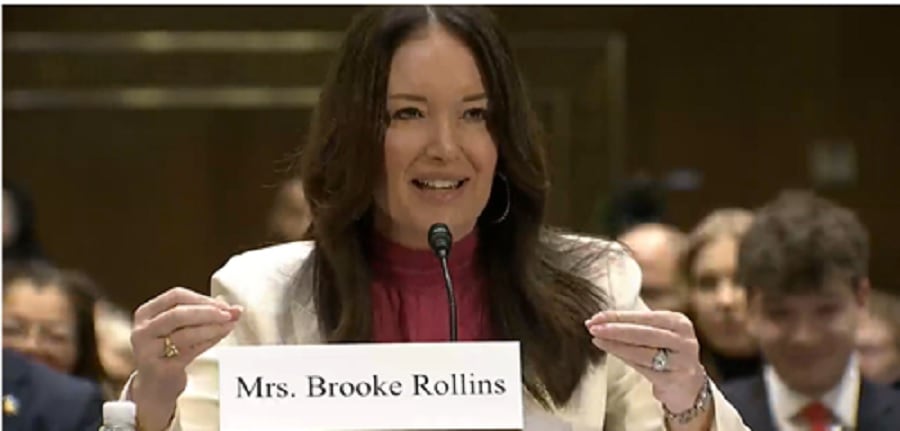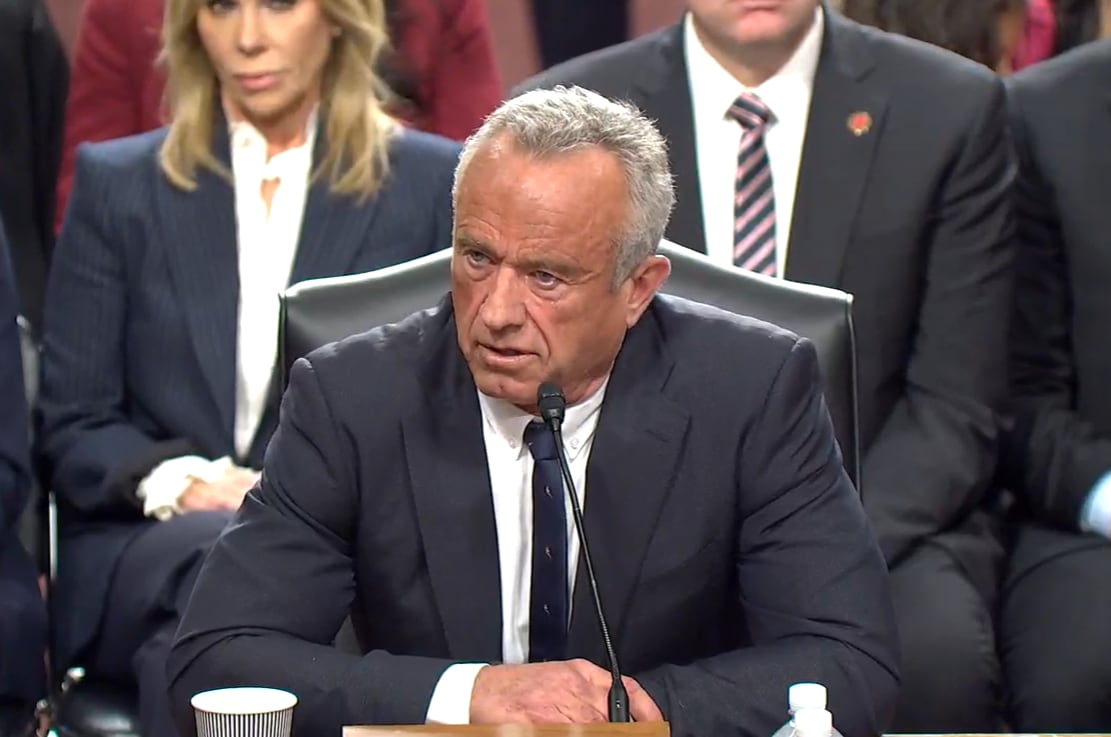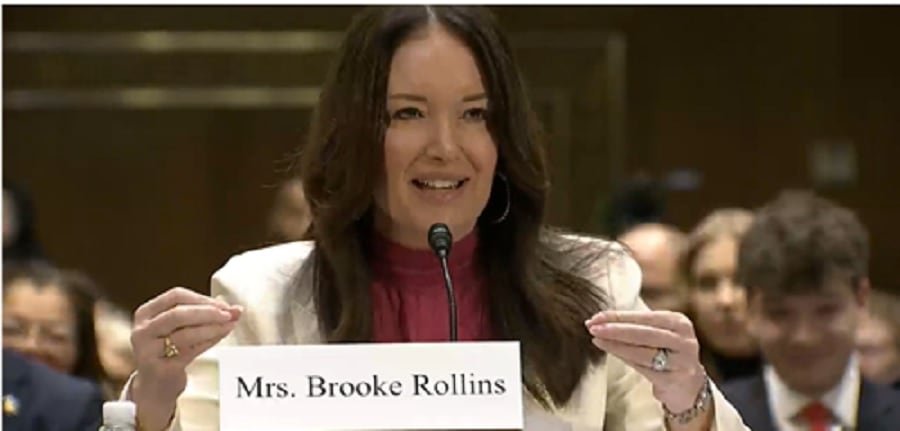Rollins appointment on Thursday to lead USDA is not as controversial as RFK, Jr.’s appointment to head Health and Human Services, but she takes the helm at a time when concerns about supply chain resilience and access to safe, sufficient food are reaching a boiling point.
RFK, Jr. confirmed to lead HHS
RFK, Jr. barely secured Senate confirmation Thursday to lead HHS, which has oversight of FDA. Read more about how his leadership could impact the food industry.
“The USDA plays a vital role in our food supply, from implementing rigorous quality standards that ensure the foods and beverages we consume are safe, to developing critical nutrition programs for students and families, to promoting US exports and advancement of the rural economy where many in our industry live and work,” said Sarah Gallo, senior vice president of federal affairs at the Consumer Brands Association.
During Rollins’ confirmation hearing, she suggested stricter requirements may be needed for qualifying for benefits under the Supplemental Nutrition Assistance Program and she argued that she supports “deportation at a scale that actually matters.”
Some Senators in the hearing expressed concern that these stances could threaten access to safe and sufficient food as well as supply chains given a large portion of farm workers are immigrants.
How will Rollins’ appointment impact the Dietary Guidelines for Americans?
Rollins also takes the lead as the USDA updates the Dietary Guidelines for Americans – a confluence that some in the industry see as an opportunity to adjust recommendations in the recently published scientific report.
Among stakeholders advocating for adjustment is the Meat Institute.
“The Scientific Report of the 2025 Dietary Guidelines Advisory Committee, written during the Biden Administration, wrongly excludes meat and poultry as part of a healthy dietary pattern. The unscientific and ideologically driven Report recommended reducing red and processed meats in Americans’ diets. Meat and poultry products are nutrient dense foods that help Americans meet their essential amino acid and nutrient requirements,” the Meat Institute argues in a statement.
“We will work with Sec. Rollins to ensure the Dietary Guidelines for Americans focus is on improving dietary habits with real world recommendations,” Meat Institute President and CEO Julie Anna Potts said in the statement. “It is important to provide clear dietary guidance to consumers on how they can include the meat products they need and want in their diets and also produce a positive, measurable health impact.”
The National Association of State Departments of Agriculture echoed a desire to work with Rollins to ensure Americans’ access to nutrient-dense foods, although it did not go into specifics.
Other priorities NASDA outlined in working with Rollins include advancing a new Farm Bill, and increasing economic opportunities for farmers, ranchers and food producers.
A call for bipartisan collaboration
While Rollins' confirmation was not as firmly split down party lines as some of President Donald Trump’s nominations, her hearing still revealed partisan rifts that could complicate future action.
“Rollins begins her new role at a critical time for American agriculture. Family farmers are struggling with high input costs and low prices; tariffs are being proposed that will raise costs on American producers and American consumers; the agricultural workforce is being threatened; and Congress is behind schedule in passing a new, bipartisan farm bill,” House Agriculture Committee Ranking Member Angie Craig, D-Minn., said.
She added, “If we want to tackle these challenges in a way that supports family farmers and the communities they feed, we will need to work together.”
As such, she said, she looks forward to building a strong working relationship with Rollins.



